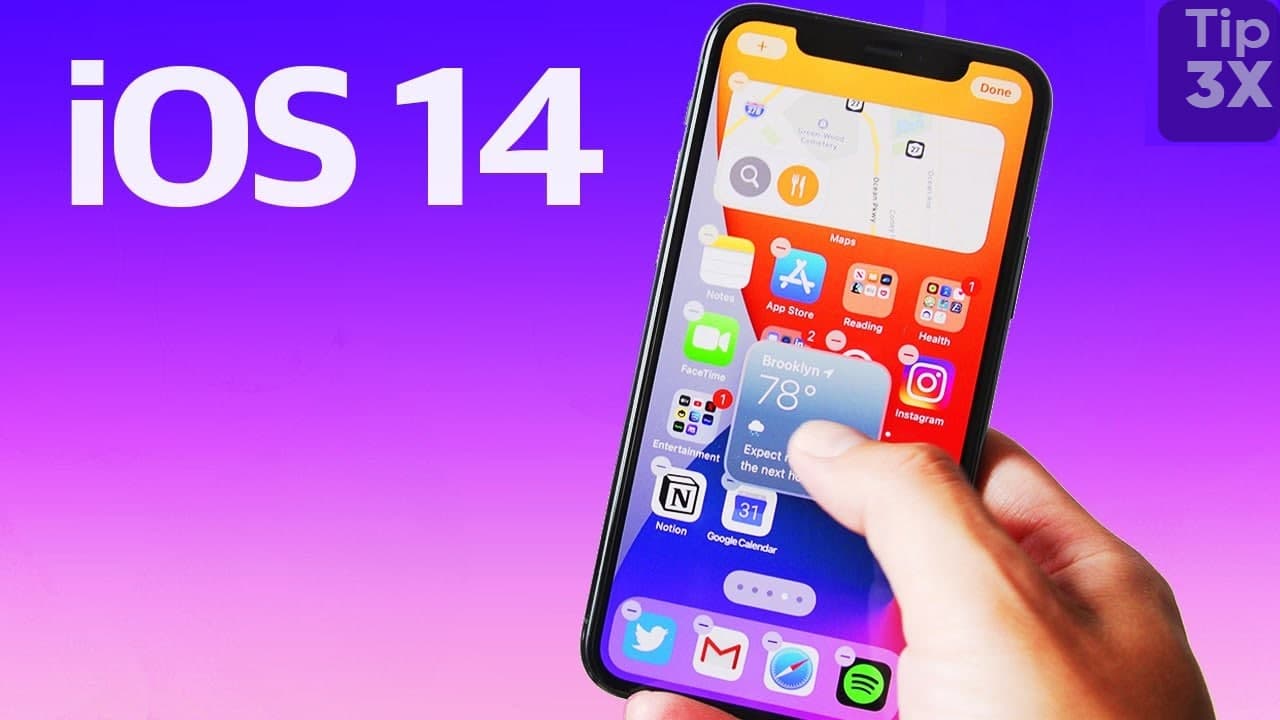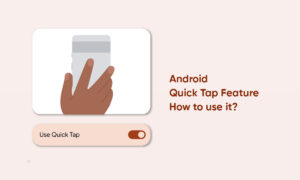Have you ever wondered what will happen to smartphones? You may be wondering if this will make your device perform better. What if it eventually breaks and slows it down? We not only tell users to “do or not”, but we also want to explain in detail what really happened-effects, effects, and invisible background behaviors. So when you stop the app on Android or iPhone, we will expand it.
It is very easy to stop the app on an iOS device. Swipe the app in the iOS app switcher. For Android devices, you need to start it on the application’s information page (Settings> Applications and notifications> Application information> Select application), and then click the Force stop option. Or, you can use the task switcher function of your Android phone.
You know how to close an application, but what does it mean to force an application to close? What will happen in the future? Does it have a negative impact on the performance of the application? Will this affect your smartphone? Is it safe to close the application? When should it be done? We will answer all of these and more in the following sections.
WHAT DOES IT MEAN TO FORCE STOP AN APP
Most people believe that when you regularly close all applications on your phone, you have deleted them from the application switcher, and these applications will be completely terminated. But this is not always the case. For example, applications running certain incomplete processes (such as pending/ongoing downloads) may remain active in the background for several minutes or seconds after being closed.
The application will eventually close, but it will not close until it completes the running process and is ready to close.
On the other hand, certain applications (such as music players, health monitoring applications, instant messaging programs, etc.) can continue to actively run in the background even after constantly updating content and sending notifications (even after closing them). No matter how many times you complete them, they will run in the background.
Forcing an application to stop will completely (immediately) terminate all foreground and background processes related to that particular application.
IS IT SAFE TO FORCE STOP AN APPLICATION
Well, this depends on why or when you’re force-stopping the app. But for the most part, it is entirely safe to force-stop an app. More details below.
Ideally, it is recommended that you only stop the application when it fails if the application crashes or some of its features do not work. The forced stop is a good opportunity to solve the problem caused by the incorrect application, which may cause this failure.
On the contrary, forcing an application to stop running (regardless of whether it is running normally) is somewhat unsafe. This is because you may lose data without saving it. We will expand on this in the next part.
DO YOU LOSE APP DATA WHEN YOU FORCE STOP AN APP
Stopping the application will not delete the data saved in the device. However, unsaved data can be deleted-it depends on the processes (foreground and background) that are running in the application. Suppose you are writing a note application that does not automatically save text, closing the application will delete the saved text you created.
Similarly, if an application is uploading data to a web server or downloading data to your device in the background, stopping the application will stop the process and may cause data corruption.
DOES FORCE STOP FREE UP SPACE
When you close the application, the previously saved application data or cached data will not be affected. Therefore, stopping the application does not have any storage-saving effect. Only the memory (RAM) used/occupied by the application will be closed and available for other applications. Therefore, it can improve the speed and performance of mobile phones.
DOES IT AFFECT APP PERFORMANCE
Stopping an application can affect its performance and other applications in many ways. As mentioned earlier, stopping incorrect applications can help normalize their performance. When reloading (which rarely slows down), the application can run faster and better.
Similarly, when you stop an application (especially CPU and RAM-intensive applications) and keep it closed, the performance of other applications may get better and better. This is because stopping the application frees up more memory for other applications.
DOES FORCE STOP SAVE BATTERY
Depending on the state of the application, stopping it may produce a force or no power-saving effect. For example, if an application is idle or suspended/low in the background and is using zero CPU power, its consumption is second only to battery power. Therefore, forcibly stopping the application may not save the battery of the device.
To find out how much battery power an app consumes, follow the steps below.
For iOS
Navigate to Settings > Battery. At the bottom of the page, you should see a list of apps and their respective battery usage (in %) in the last 24 hours.
For Android
Step 1: Go to Settings and select Battery.
Step 2: Tap the three-dotted icon at the top-right corner of the Battery menu page and select Battery usage.
You should see the app consuming your device’s battery as well as the portion (in %) they’ve used since the last time you charged your phone.
Force stopping a battery-hogging app will save power only if the app stays closed. The app will resume battery consumption as soon as you relaunch it. Again, unless an app uses a great deal of your device’s power (especially in the background), force-stopping it won’t save battery life.
HOW TO UNDO A FORCE STOP
Once the application is forcibly stopped, the operation cannot be undone. The application remains closed until you manually start it. This is basically the only way to stop the effort-reopen the app.
FORCE STOP DEMYSTIFIED
In this case, we hope you have learned a thing or two about the forced stop on your smartphone. As mentioned above, it is recommended to close the application only when it fails. If you need to save battery power (especially on Android), it is sufficient to close the app regularly.
Forcibly stopping the application program can greatly reduce or improve the power-saving effect. If you have any related questions not covered in this article, please leave a comment below.

















